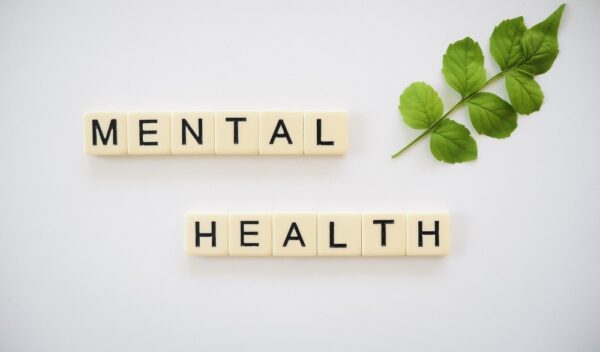
WASHINGTON — A Catholic look at May as Mental Health Awareness Month would be incomplete without considering the patron saint of mental health issues, St. Dymphna, whose feast day was May 15.
The seventh-century saint, who was born in Ireland, has prompted varying degrees of attention over the centuries. In recent years, maybe because of overall increased attention to mental health, devotion to St. Dymphna has had a resurgence.
Dymphna has gained popularity in recent years as a confirmation name for girls across the country. Many parishes have St. Dymphna prayer groups or mental health ministries to specifically pray for or support those with mental illness or those caring for people with mental health struggles. And many Catholics also pray a St. Dymphna novena during the month of May, seeking her intercession for healing and recovery from a mental health illness.
Although there are several saints who experienced mental health disorders, St. Dymphna was not in this category. Instead, accounts of her life reveal that her struggle, and ultimately her death, was due to her father’s mental struggles.

When the saint was just 15, she was said to have been beheaded by her father when she refused to marry him after her mother’s death. Her father had wanted to marry someone who looked just like his wife and was intent on marrying his daughter, who learned of this plan and fled to Belgium with a few others, including a priest.
Her father found her in the town of Geel and killed her when she did not comply with his demands. Now, her body is preserved in a reliquary in a church named after her in the town. The church of St. Dymphna has long been known as a pilgrimage site for those seeking relief from nervous or emotional distress.
In the United States, a national shrine of St. Dymphna that contains a relic of the saint is at St. Mary’s Catholic Church in Massillon, Ohio. The shrine’s website notes that although many may not have heard of the saint, “she is becoming increasingly popular during these days of worry, fear, and anxiety. “
“Then, too,” it adds, “there are few people in the world who are not at some time or another troubled with their nerves.”
